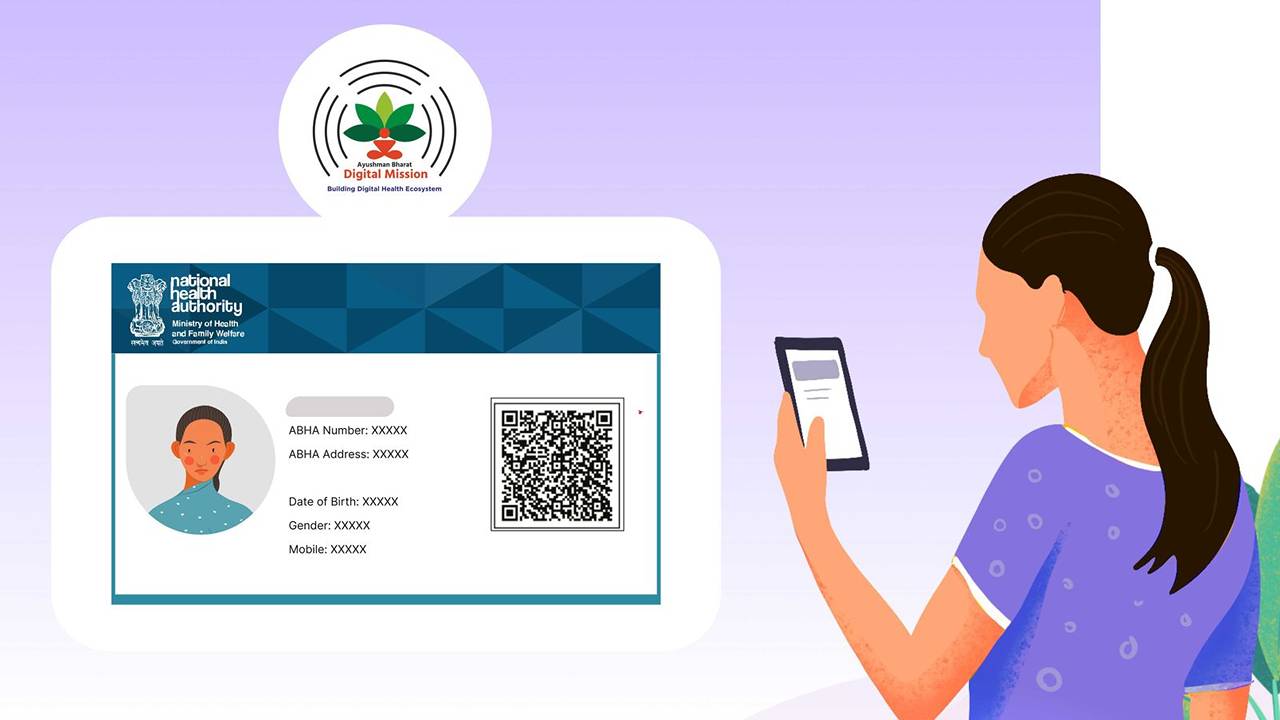
Unlocking Healthcare Access: Creating Your ABHA ID Card in a Few Simple Steps
One of the most significant changes in the Indian healthcare system was introduction of the ABHA card. The launch of the dynamic future of healthcare in India in September 2021 saw lakhs of registrations in a short span. Gaining more awareness and traction, more and more people became aware of the benefits associated with ABHA. The government of India continuously strives to improve the website in terms of security, confidentiality, accessibility, etc. The additions in terms of features and benefits also attracted several people from different socio-economic spheres to register and make their health ID cards.
The ABHA card was a sector under the National Digital Health Ecosystem. It covers a large part of the population, including services from hospitals, NGOs, homeopathy clinics, and other AYUSH facilities. The ABHA ID card aimed to strengthen India’s healthcare ecosystem by using technology and making it digital.
Steps to Create ABHA Card
The generation of the ABHA card is possible online and can be conducted on the official website. The overall process should ideally not take more than 10 minutes. The need to wait in long lines to receive a government document is mitigated with the ease of the process. Centers or healthcare agencies can assist and educate people about the ABHA scheme.
Step 1: Visit the official ABHA website launched by the government. Downloading the mobile application is also an option.
Step 2: To create ABHA card ID, click on the tab stating ‘Create my ABHA number.’
Step 3: Enter the details of the Aadhar Card or Driving License.
Step 4: Upon receiving the OTP, enter it on the website to proceed further. The driver's license will require physical verification by visiting the nearest ABDM center. The OTP will be sent after this process.
Step 5: Enter the other information asked - name, gender, email ID, Aadhar number, etc. Verify and recheck the details to ensure accuracy.
Step 6: Create a username and a password that will work as the login details. It will generate the 14-digit unique health ID.
Additional Benefits Associated with ABDM
1. Digital Health Records – Whether traveling to different cities or visiting a hospital in the same town, paper documents are easy to misplace or lose. The opportunity to store and access all medical records in one place facilitates ease. Creating a digital medical landscape with better security can promote a technological platform in the long run. History, prescriptions, diagnoses, scans, reports, etc., can be digitally saved on this platform.
2. Access to Doctors – The ABDM portal lists verified and trusted doctors, clinics, and allied healthcare professionals. Use this list to locate and consult them, irrespective of the city in India.
3. Security – A large volume of private data will be uploaded to this platform. Therefore, updating the security features to secure the portal is vital. High-level encryption would make it less susceptible to tampering or hacking. The GoI has maintained a stance that the safety of the Indian citizens would not be compromised.
4. Easy Registration – Signing on the portal is simple and requires a few steps. The online, free process takes about 10 minutes to complete. Keeping a few documents handy, such as an Aadhar Card, driver's license, PAN card, etc., will catalyze it further. Once the 14-digit number is received, it can be shared with other stakeholders. Access to the information is possible only if the identification number is given to them.
5. Voluntary opt-out – Registering for the ABHA card is a voluntary process. One can also choose to opt-out and delete their account. It is also possible to revoke access from a stakeholder at any time.
Conclusion
The ABHA card is a seamless move to transform our country's healthcare infrastructure and make it more tech-savvy and accessible. The need to turn digital by having a unified structure to maintain the upkeeping of medical records was glaring. Many of the Indian population have associated themselves with the ABHA card. Not only do they have a single place to store personal and vital information, but they can also consider other facilities and treatment centers compatible with this scheme if needed. Connecting medical stakeholders across India via an integrated and holistic digital platform is an intelligent way to improve policies and drive better outcomes.

Comments (0)